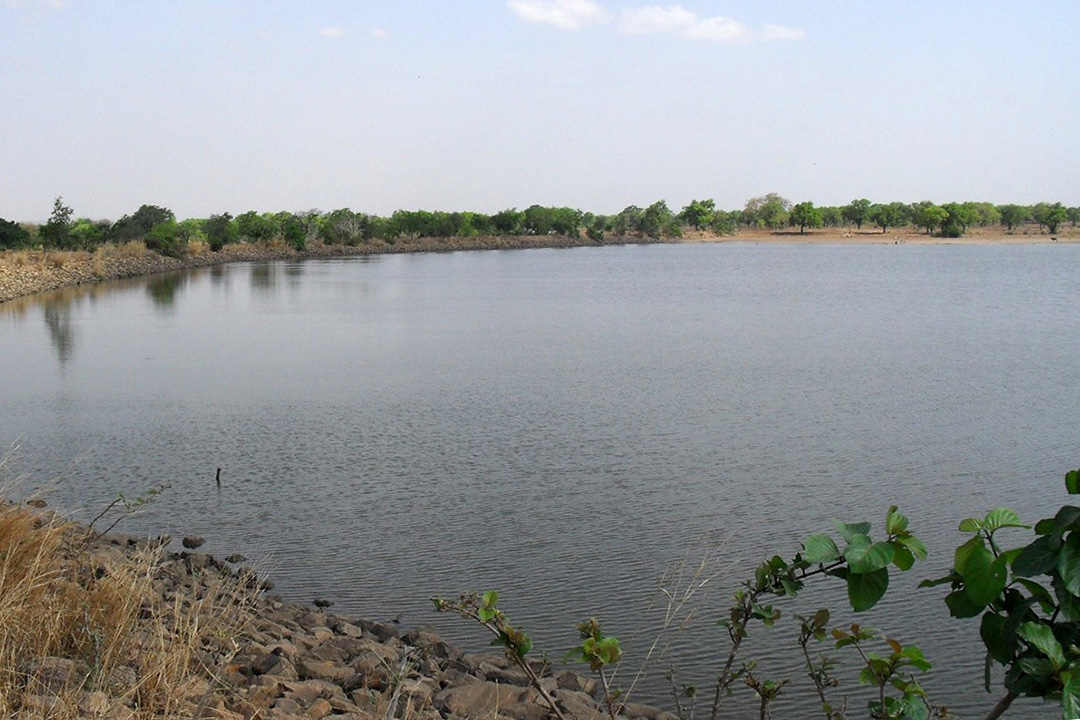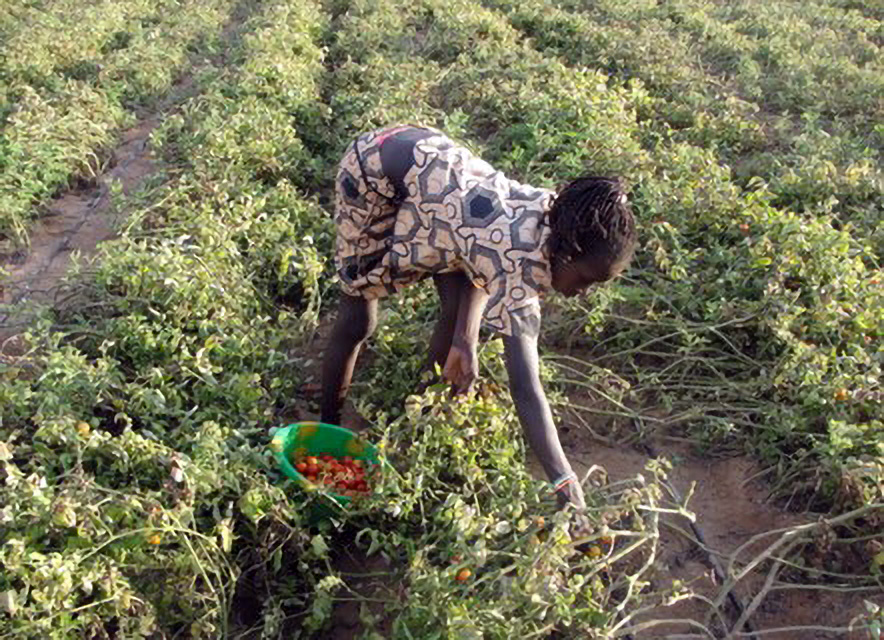
New USask research takes aim at improving water security, gender equity, and international co-operation
A multidisciplinary research team from the University of Saskatchewan (USask) has been awarded $289,000 for a project to develop water security solutions that contribute to enhanced gender equity in the West African nations of Ghana and Senegal, where women and girls are hit hardest by impacts of climate change.
Funding from the Queen Elizabeth Scholars Advanced Scholar (QES—AS) program will help the team to mentor and develop leadership, professional and research skills of advanced scholars (PhD students, post-doctoral fellows and early career researchers)—eight from West Africa and two from Canada—under an exchange program geared to enhancing research capacity on the nexus of hydrology, health and gender studies, and socioeconomics.
Partner universities are the University for Development Studies, University of Ghana, and Université de Thiès in Senegal. Sixty per cent of scholars chosen will be women, and 30 per cent will be francophone.
“Increased water insecurity caused by erratic rains, longer dry seasons, and an ever-expanding Sahara desert affects water availability for domestic use and agriculture production—both areas for which women are responsible,” said project leader Sabine Liebenehm, assistant professor in USask’s College of Agriculture and Bioresources.
“When rural agriculture livelihoods are affected, it increases domestic tension and pressure, especially on young women, to migrate to the cities where they are often exposed to labour exploitation and violence,” said Liebenehm.
“In this context, we want to improve the research capacity locally and globally related to water security and gender equity. If we can improve these interlinkages, we can contribute to sustainable water and wastewater management, improve water safety, sanitation, and family health,” she said.

Improving water security for productive use would contribute to food security overall, diversify income opportunities for women by enabling them to sell excess vegetables, and improve their bargaining power within the household, she said.
Liebenehm’s diversified USask team members are: Pat Lloyd-Smith, assistant professor in agricultural and resource economics; Corinne Schuster-Wallace, associate professor in geography and planning; and Andrew Ireson, member of the Global Institute for Water Security as well as an associate professor in the School of Environment and Sustainability, and in the College of Engineering.
By contributing their knowledge in hydrology, health and water management, gender equity and economics to working with academic and non-academic partners and honing the skills of a new generation of innovative scholars during the three-year project, their goal is to generate bottom-up solutions, said Liebenehm.
The exchange scholars will participate in community engagement activities and gain experience with non-academic policy and industry decision makers. Environment and Climate Change Canada, the North Saskatchewan River Basin Council, and Fertilizer Canada are collaborating, along with the West and Central African Council for Agriculture Research and Development.
Participants will have opportunities for networking and building international relationships through collaborating with QES project teams of other Canadian universities and meeting the vast QES alumni network.
The Canadian Queen Elizabeth II Diamond Jubilee Scholarships (QES) is managed through a unique partnership of Universities Canada, the Rideau Hall Foundation (RHF), and Canadian universities. The QES-AS- West Africa is made possible with financial support from IDRC.
Article re-posted on .
View original article.

